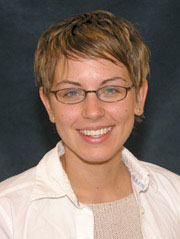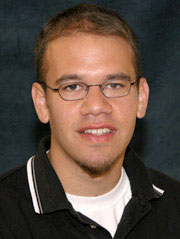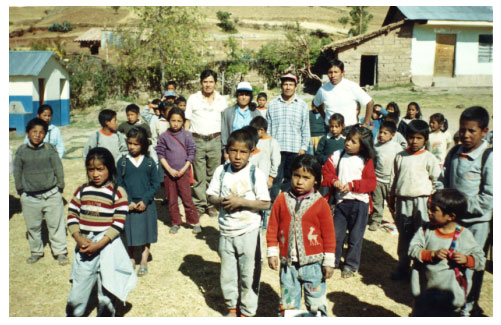Grad students Lisa Murawski and Jory Hecht are donating their talent, time, and even money out of their own pockets for a good cause. They are members of the UCSB chapter of Engineers Without Borders (EWB – UCSB), a campus student organization founded in October 2003. The mission of the parent organization, EWB –USA, is “to partner with disadvantaged communities to improve their quality of life through implementation of environmentally and economically sustainable engineering projects, while developing internationally responsible engineering students.”EWB-USA currently consists of approximately 75 university chapters, as well as several professional chapters, and it relies on volunteers, both engineers and non-engineers alike, to implement environmentally and economically sustainable engineering projects in countries around the globe.
Lisa and Jory are working to implement a water purification project in a small Andean village in Peru this summer. EWB-UCSB made its first visit to Araypallpa, Peru in July 2004 in order to assess the water and sanitation system and install solar-powered lighting for a local school that serves both children and adults. This summer, the team will install a water purification system that includes a slow-sand filter and chlorination treatment with the hope of reducing the town’s high rates of intestinal illnesses. In addition, the team will evaluate the community’s use of the solar lighting system, conduct a review of the town’s long-term water demand, and carry out a baseline health assessment in order to measure the impact of the projects on the quality of life in the community.
Interdisciplinary collaboration has been key to the development of this project. “You don’t even need to be an engineer to contribute to this project,”says Jory, who does not have any previous engineering experience. “I’ve been able to pitch in on watershed management issues and share lessons I’ve learned from prior volunteer work experience in rural communities in Guatemala and El Salvador. Plus, as geographers, our GIS skills can come in quite handy when a map of the incidences of intestinal illnesses in the town is needed.”
Lisa, who joined the department after obtaining an undergraduate degree in engineering, asserts that looking at these projects through the lens of geography provides important insights. “I made the jump from engineering to geography because it allows us to ask important questions beyond the technical ones. We had to consider a host of social, environmental, and behavioral factors in the community, in addition to solving the engineering problems, in order to implement an appropriate solution.”
If you’d like to help support EWB –UCSB, contact Lisa (murawski@geog.ucsb.edu) or Jory (hecht@geog.ucsb.edu). Visit for more details about this worthy cause.




